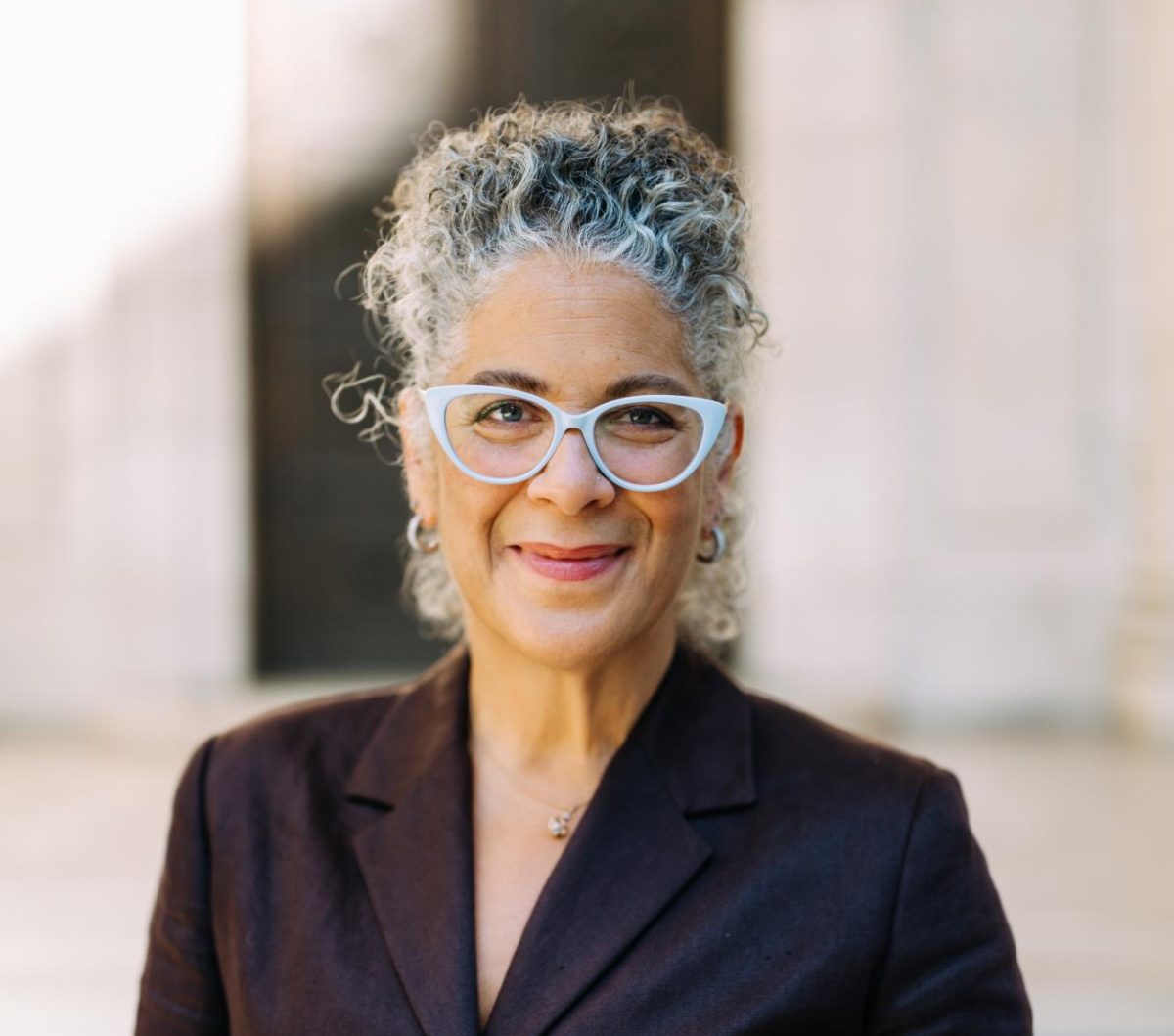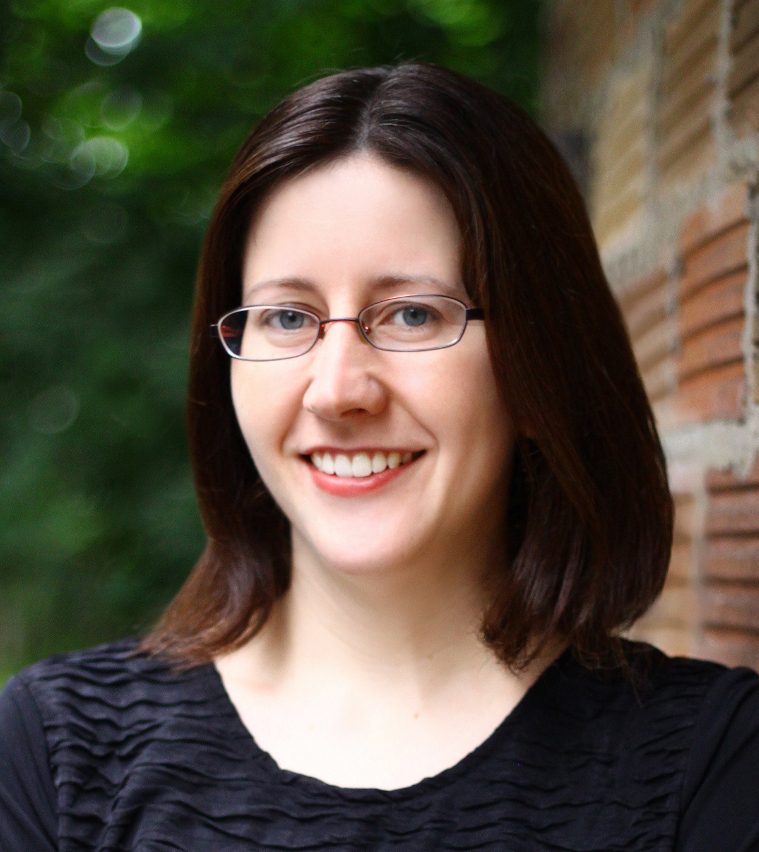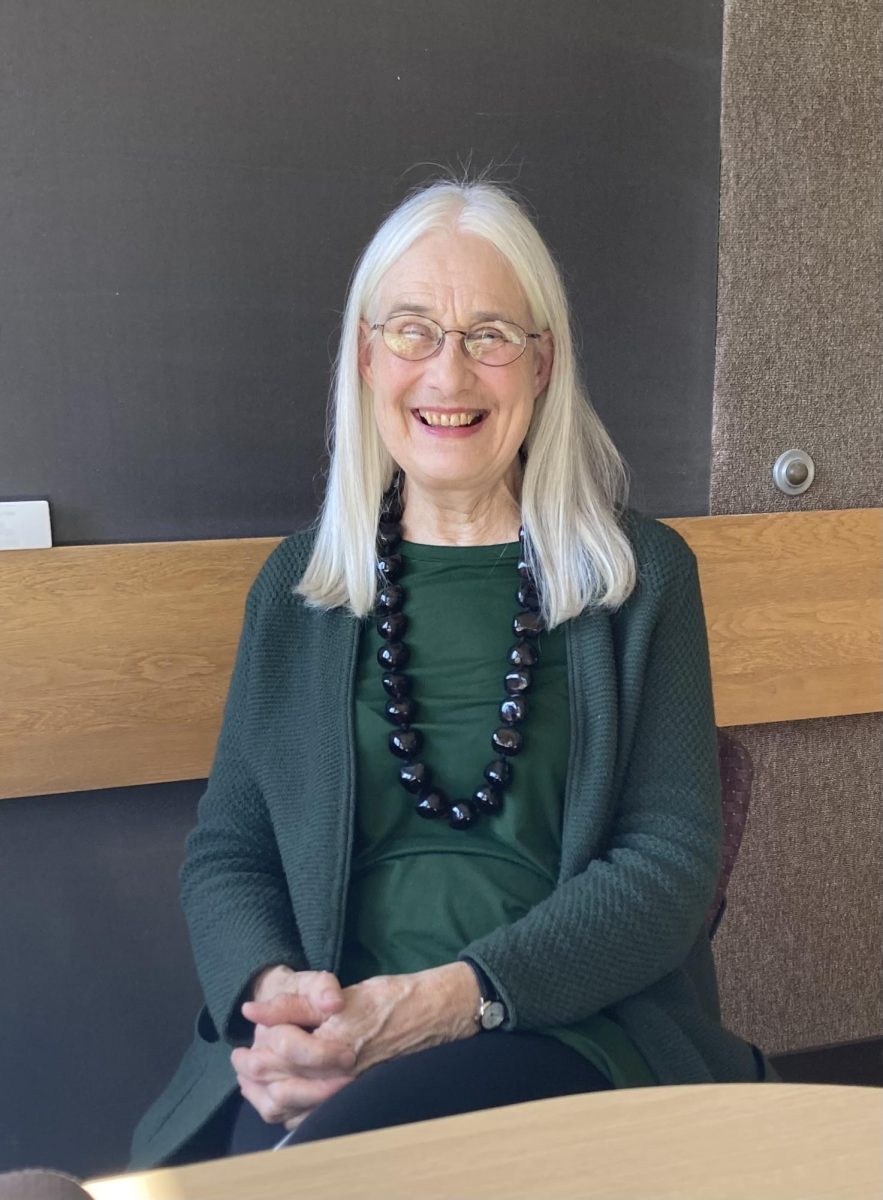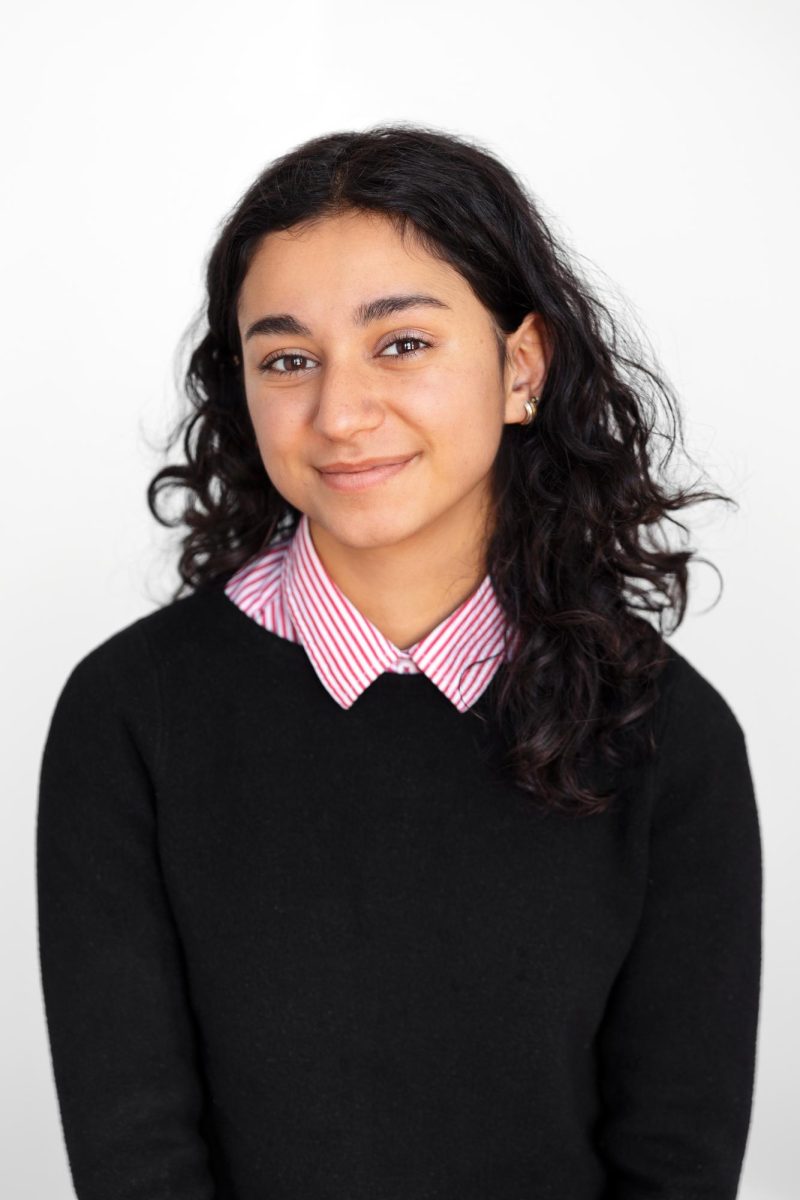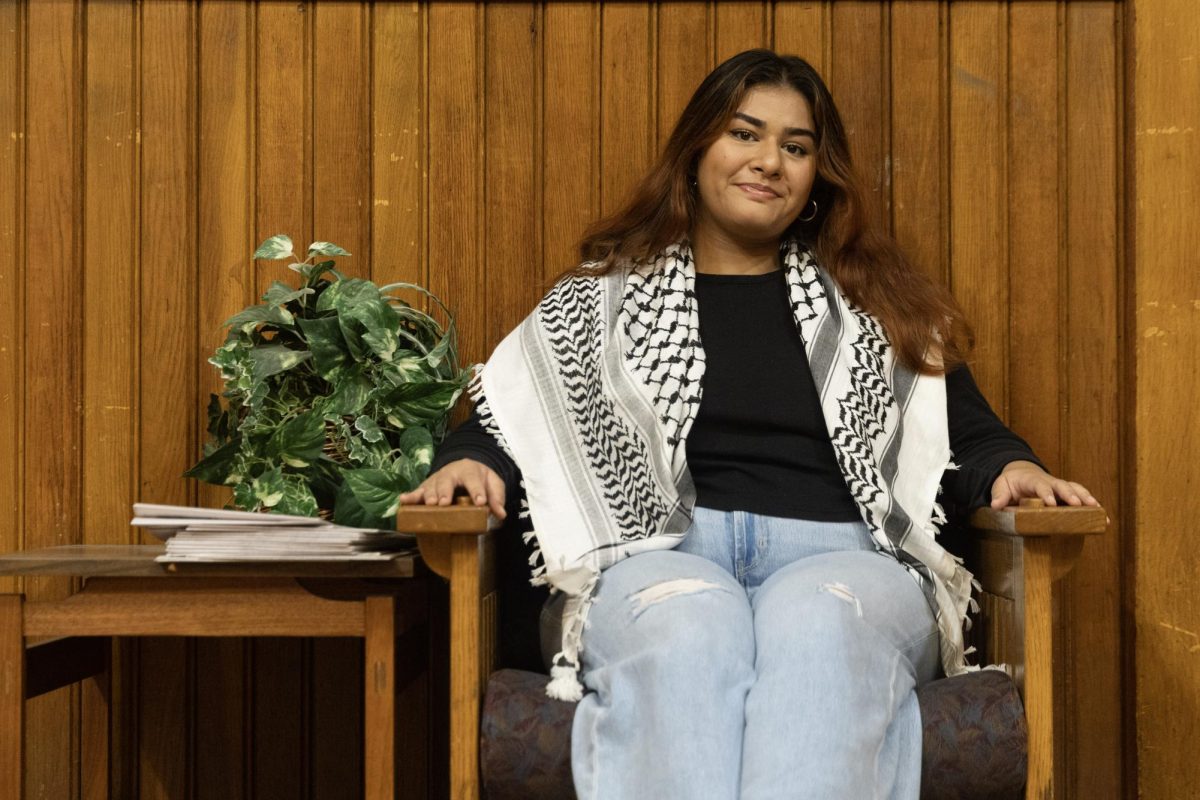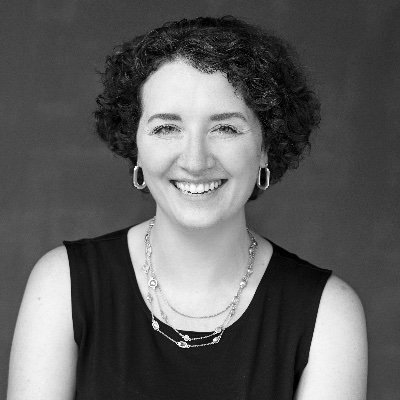Jennifer L. Morgan is the Silver Professor of History at New York University. Her work focuses on early slavery and the experiences of enslaved Black women. She received the prestigious MacArthur Fellowship this fall, which is commonly known as the “Genius Grant,” for her work. Her prior books have included Reckoning with Slavery: Gender, Kinship and Capitalism in the Early Black Atlantic and Laboring Women: Gender and Reproduction in the Making of New World Slavery. The latter has received numerous awards, including the Mary Nickliss Prize in Women’s and/or Gender History from the Organization of American Historians and the Frederick Douglass Prize, awarded by the Gilder Lehrman Center for the Study of Slavery, Resistance, and Abolition.
This interview has been edited for length and clarity.
Could you tell me about the work that you’ve done that has gotten you the MacArthur Fellowship?
I’m a historian of slavery. Specifically, I work in the early modern period, so 16th, 17th, and a little bit of the 18th century. I’m specifically interested in the role of enslaved African women and their descendants in the context of the early modern Black Atlantic. I consider myself both a social historian because I’m trying to tell the story of those women’s lives and experiences, and an intellectual historian because I’m interested in the way that those women’s capture and enslavement are part of the process by which race comes into being as an idea for Europeans, and then is deployed in the way of producing racial hierarchy.
What is the impact of receiving the grant on your work?
The impact of the MacArthur Award is still a little hard for me to figure out. It is, without question, the most important honor I’ve ever received, and probably ever will receive. I just can’t imagine anything more significant. And it’s not just because it’s the Genius Award, but because it’s an award that your peers nominate you for. So it’s a big surprise. You don’t know that it’s happening, but what I now understand is how many people took the time to write about the impact of my work. It feels incredible. It’s a huge honor. And it’s huge in terms of what the impact of it will be for me. I had already begun to think about writing a different kind of history, about being a different kind of historian. My first two books were really focused on academic debates; I always understood that making an intervention meant that there was a small number of people who would actually read my work: students in classrooms and my peers. What I’d like to do now, and what I’m working on now, is a more public-facing kind of writing. I’m writing a book called The Eve of Slavery which is a study of women’s lives who were enslaved in the 17th century, but it’s designed to be read more broadly, and that’s what I’m really hoping I can do. I think that the MacArthur grant gives me the kind of sense of possibility that I can do that. I’ve also been doing some early work of figuring out how to be involved in filmmaking; I’ve been interviewed for documentaries. I’m working right now on what might be a more historical fiction narrative film about Elizabeth Key, about Black women who are enslaved in this period. So, I think it just gives me a sense of freedom and possibility. I can imagine a different way of doing my work.
Could you tell me more about doing public-facing history, and how it differs from your work in academic history?
I think the main issue is in what I’m writing now, I’m leading with the stories, and leading with the story of Elizabeth Key, this woman whose mother is an Angolan woman who’s captured and enslaved and transported in probably around 1620, into Virginia. I’m interested in trying to tell you about what it meant to be enslaved in the 17th century, which is different from if you were captured and enslaved in the 18th or the 19th century. I want to foreground the story of women because I think that women’s capacity to give birth to children who are also enslaved means that they understand something about race, even before other people do. So I’m writing stories, and I think before, in my other books, I was writing arguments. My stories are still making an argument, but it’s the narrative that comes first. This is why there’s a connection to filmmaking. To be a part of a project that’s about a visual story as well as the narrative. I think that there are a lot of young people who are really interested in visual narrative and visual storytelling, and I find that exciting and interesting. I’d like to figure out how to connect to them as well.
How did your experiences at Oberlin, both academically and otherwise, impact the work that you do now?
I’ve written and spoken about the impact of Professor Adrienne Lash Jones on me. I was a student in her Black Women in America course in 1985 and then took a course with her called Researching and Writing Black Women’s History in 1986. I wasn’t a history major. I never thought about being a historian, but those two courses and the conversations I had with her really made me decide that I wanted to go to graduate school and study Afro-American women’s history. I didn’t plan to do this early period either. I wanted to work on 19th and early 20th-century women activists, many of whom I had first learned about in her classroom. But I think that being at Oberlin, alongside having the opportunity to study with Professor Jones, made me understand that there was a politics to doing Black women’s history. I was very involved, as everyone was in the 1980s in the politics of the anti-apartheid movement. I was a member of the Students Organized Against Racism, which was a multiracial activist group. I felt like I was learning something about race and racial identity as a student and as a member of a community, and that really impacted my desire to kind of understand the roots of American racism.
I’ve been a faculty member now for a very long time. I’ve always taught at big universities. I taught at Rutgers University for 10 years, and now I’ve been at NYU for 15 years. But having said that, I think there’s something so precious, and I mean that, something so valuable about the kind of education that I got at Oberlin, the liberal arts experience, the experience of being slightly isolated up there in northern Ohio, but in a community of other students. My memory of Oberlin is that it was a place where most of us felt very passionately about what we were learning and what we thought that learning meant. I’m still connected to a lot of friends that I made when I was a student at Oberlin, who continue to be part of my intimate circle of friends. What I’ve always valued there is our collective commitment to thinking deeply and carefully and to then putting our thoughts into action. So Oberlin was really important to me. And I feel very lucky that I was a student there.


